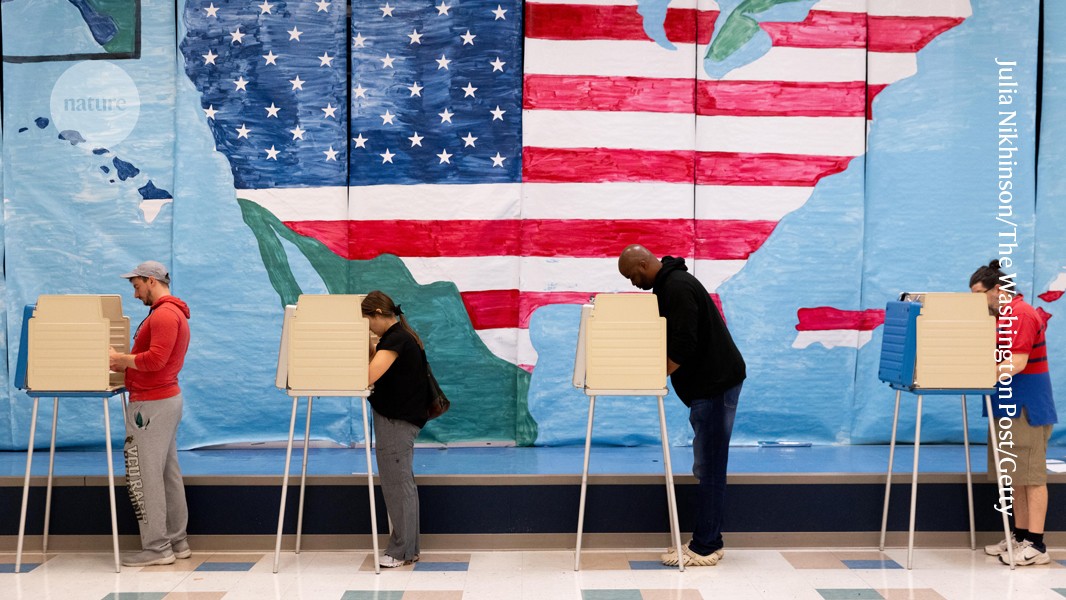- cross-posted to:
- fairvote@lemmy.ca
- nature@rss.ponder.cat
- cross-posted to:
- fairvote@lemmy.ca
- nature@rss.ponder.cat
cross-posted from: https://lemmy.ca/post/31925477
For Drutman, US efforts to incorporate ranked-choice voting can have only a limited effect, and don’t necessarily change the core problem of politics in the country, as he sees it. The system still pushes towards two dominant parties, and avoids proportional representation at the district or state levels. In his view, the goal should be more parties, focused on giving more voters a voice and on building cross-party coalitions, instead of experiments with ranked-choice voting to elect particular candidates. But he does see a positive note from these experiments: “There’s definitely interest in electoral reform.”



There are ways to mitigate this. Scotland and Wales use a system that’s basically FPTP with compensation. It’s not perfectly proportional and some of the elected representatives are from a party list rather than being voted on individually, but the individual ones are picked first and it’s proportional enough that voting for smaller parties isn’t a waste of time